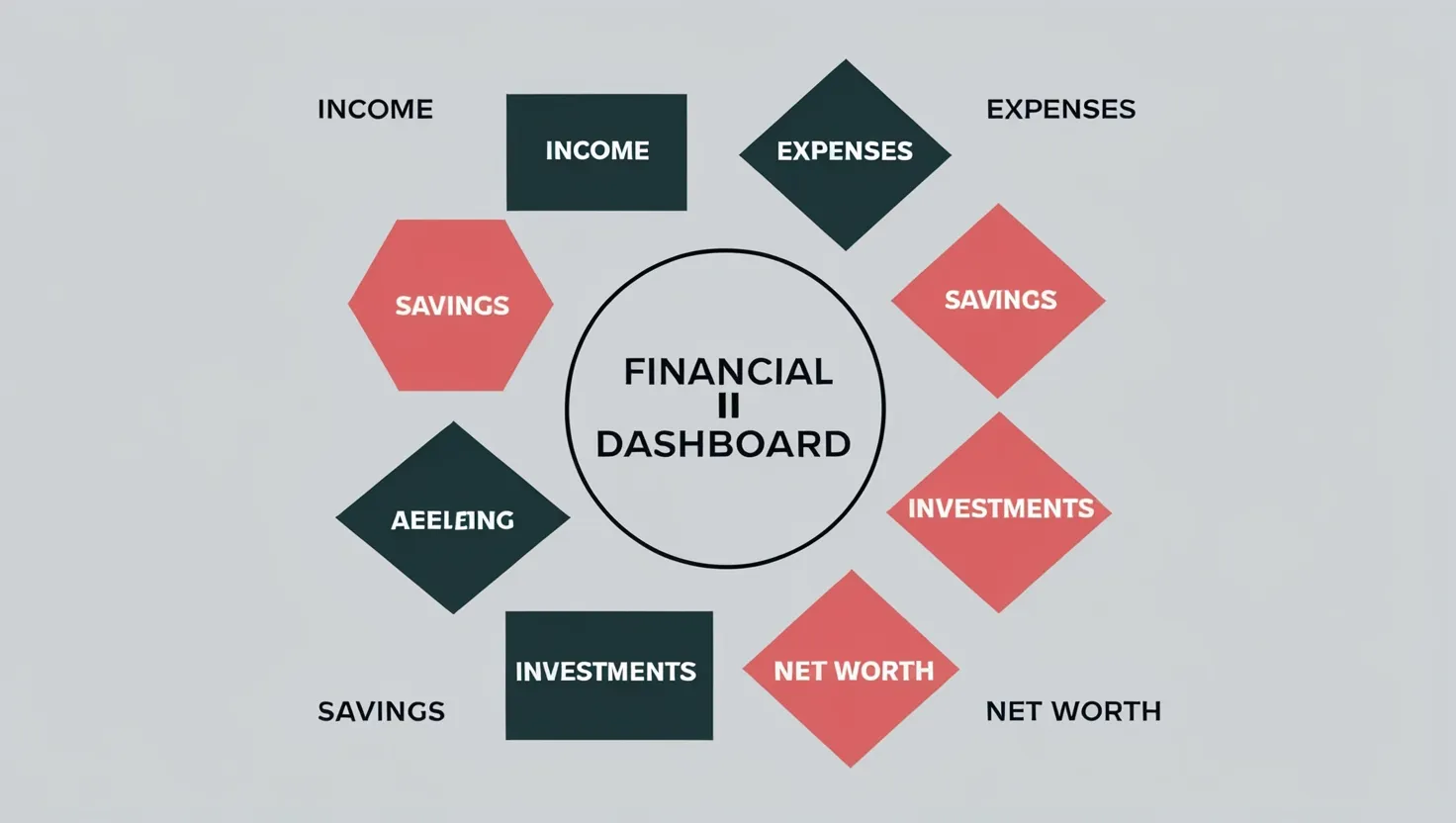Warren Buffett's Billion-Dollar Secrets: Cracking the Value Investing Code
Ever wonder how Warren Buffett, the Oracle of Omaha, turned a few bucks into a mind-blowing $130 billion fortune? Spoiler alert: it wasn't by playing the lottery or inventing the next big tech gadget. Nope, Buffett's secret sauce is something called value investing. And let me tell you, it's not as complicated as it sounds.
So, what's this value investing thing all about? Picture this: you're at a flea market, and you spot a dusty old painting that looks like it could be worth a fortune. While everyone else is busy haggling over overpriced knick-knacks, you swoop in and snag that hidden gem for a steal. That's basically what Buffett does, but with companies instead of paintings.
Value investing is all about finding those diamond-in-the-rough companies that are trading for less than they're really worth. It's like being a bargain hunter, but instead of looking for half-off shoes, you're hunting for undervalued stocks. Buffett learned this trick from his mentor, Benjamin Graham, and he's been using it to rake in the dough ever since.
Now, Buffett doesn't just look at a company's stock price and call it a day. Oh no, he digs deep. He treats each company like a whole business, not just a piece of paper with a price tag. He's looking at things like how healthy their finances are, whether the people running the show know what they're doing, and if they've got something special that sets them apart from the competition.
Let's break down some of the key things Buffett looks for when he's on the hunt for his next big investment:
First up, Return on Equity (ROE). This is basically how good a company is at turning your investment into profit. Buffett loves companies that have been cranking out high ROEs for years. It's like finding a friend who always pays you back with interest when you lend them money – you know they're good for it.
Next, he checks out their profit margins. Buffett wants to see that a company isn't just making money, but they're getting better at it over time. It's like watching your favorite athlete not just win games, but set new records season after season.
Competitive advantage is another biggie for Buffett. He's looking for companies that have something special, something that makes them stand out from the crowd. Maybe it's a brand name everyone knows and loves, like Coca-Cola, or a secret recipe that no one else can crack. Whatever it is, it needs to be something that keeps customers coming back and competitors scratching their heads.
Buffett's also not a fan of companies drowning in debt. He likes to see a clean balance sheet, kind of like how you'd prefer a used car with no outstanding loans on it. A company with manageable debt is like a ship with a solid hull – it can weather the storms and keep sailing smoothly.
And let's not forget about the people steering the ship. Buffett pays close attention to the quality of a company's management team. He wants to see honest, capable leaders who are in it for the long haul, not just trying to make a quick buck. It's like choosing a business partner – you want someone you can trust and who knows their stuff.
Now, here's where Buffett really stands out from the crowd: he's not in it for a quick flip. When Buffett buys a stock, he's thinking long-term, like, really long-term. His favorite holding period? Forever. Yeah, you heard that right. While everyone else is frantically buying and selling based on the latest market rumors, Buffett's sitting back, sipping his Cherry Coke, and watching his investments grow over decades.
This long-term view helps Buffett keep his cool when the market goes crazy. When everyone else is panicking and selling off their stocks during a downturn, Buffett sees it as a chance to go shopping for more great companies at discount prices. It's like Black Friday for stocks, and Buffett's always first in line.
But don't think for a second that Buffett's some kind of investing robot. He's made his fair share of mistakes, and he's not afraid to admit it. In fact, he once said that buying Berkshire Hathaway itself was one of his biggest blunders. But instead of beating himself up about it, he learns from these slip-ups and moves on. It's a good reminder that even the best of the best aren't perfect.
So, how can you start investing like Buffett? Well, you might not have billions to throw around, but you can still apply his principles to your own investments. Start by doing your homework. Before you buy a stock, really get to know the company. Look at their financial reports, check out their competition, and try to figure out if they've got what it takes to stick around for the long haul.
Focus on finding companies that are worth more than their current stock price suggests. This might take some digging, but it's worth it. Look for solid companies with strong financials, good management, and a competitive edge that are currently flying under the radar.
Remember, patience is key. Value investing isn't about making a quick buck. It's about finding great companies and holding onto them for years, even decades. So don't freak out every time the market takes a dip. In fact, those dips might be the perfect time to snag some bargains.
And whatever you do, don't let your emotions drive your investment decisions. Fear and greed are your enemies when it comes to investing. Stay cool, stick to your strategy, and think long-term.
Now, let's take a look at some of Buffett's greatest hits. His portfolio at Berkshire Hathaway reads like a who's who of American business. We're talking household names like American Express, Apple, Bank of America, Coca-Cola, and Chevron. These aren't just random picks – they're all companies with strong brands, solid financials, and top-notch management teams. In other words, they tick all of Buffett's boxes.
Take Coca-Cola, for example. Buffett first invested in the company back in 1988, and he's been riding that fizzy wave ever since. Why? Well, Coke's got a brand that's recognized all over the world, a secret formula that keeps people coming back for more, and a business model that keeps churning out profits year after year. That's the kind of company Buffett loves.
Or look at Apple. Buffett was a bit late to the tech game, but when he finally jumped in, he went big. He saw that Apple had more than just cool gadgets – it had a loyal customer base, a strong brand, and the ability to keep innovating year after year. That's the kind of competitive advantage that gets Buffett excited.
Now, I know what you're thinking. "This all sounds great, but I'm not Warren Buffett. I don't have billions to invest or a team of analysts at my beck and call." And you're right, you're not Buffett. But here's the thing – you don't need to be. The principles of value investing can work for anyone, whether you're investing millions or just starting out with a few hundred bucks.
The key is to start thinking like an owner, not just a stock picker. When you buy a stock, you're buying a piece of a real business. So ask yourself, would you want to own this entire company if you could? Is it a business you understand and believe in? Does it have the potential to grow and thrive for years to come?
And remember, investing is a marathon, not a sprint. Buffett didn't build his fortune overnight. He did it by making smart, thoughtful investments and then having the patience to let them grow over time. So don't get discouraged if you don't see immediate results. Keep learning, keep improving your strategy, and stay focused on the long-term.
In the end, Buffett's success isn't just about numbers and spreadsheets. It's about understanding businesses, having the patience to wait for good opportunities, and the discipline to stick to your guns even when the market's going crazy. As Buffett himself likes to say, "Price is what you pay. Value is what you get." So stop chasing hot tips and trendy stocks, and start looking for real value. Who knows? With a little patience and a lot of smart thinking, you might just find your own path to financial success.
Remember, every great investor started somewhere. Buffett didn't wake up one day with billions in his bank account. He built his fortune one smart investment at a time. So why not start your own investing journey today? Who knows, you might just become the next Oracle of... well, wherever you happen to live!






